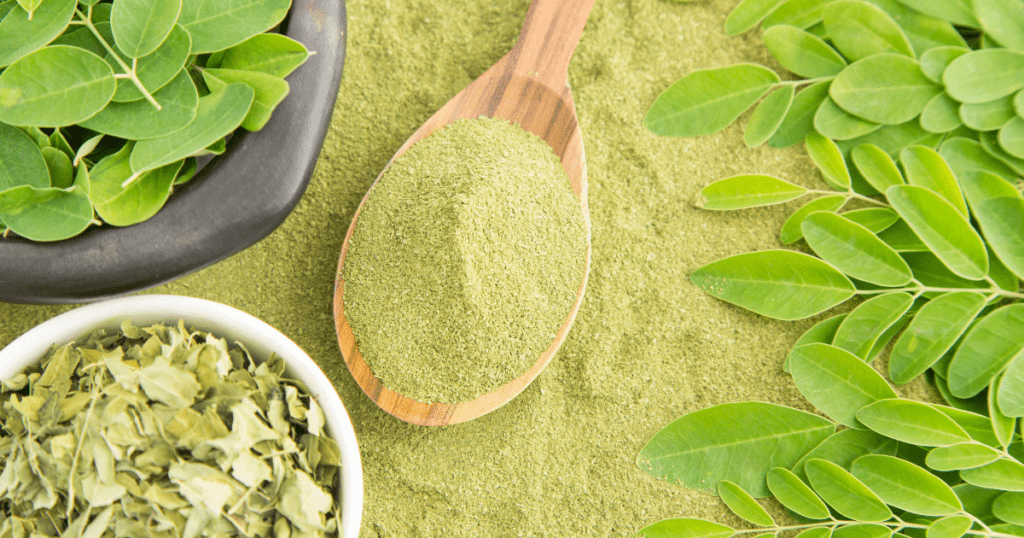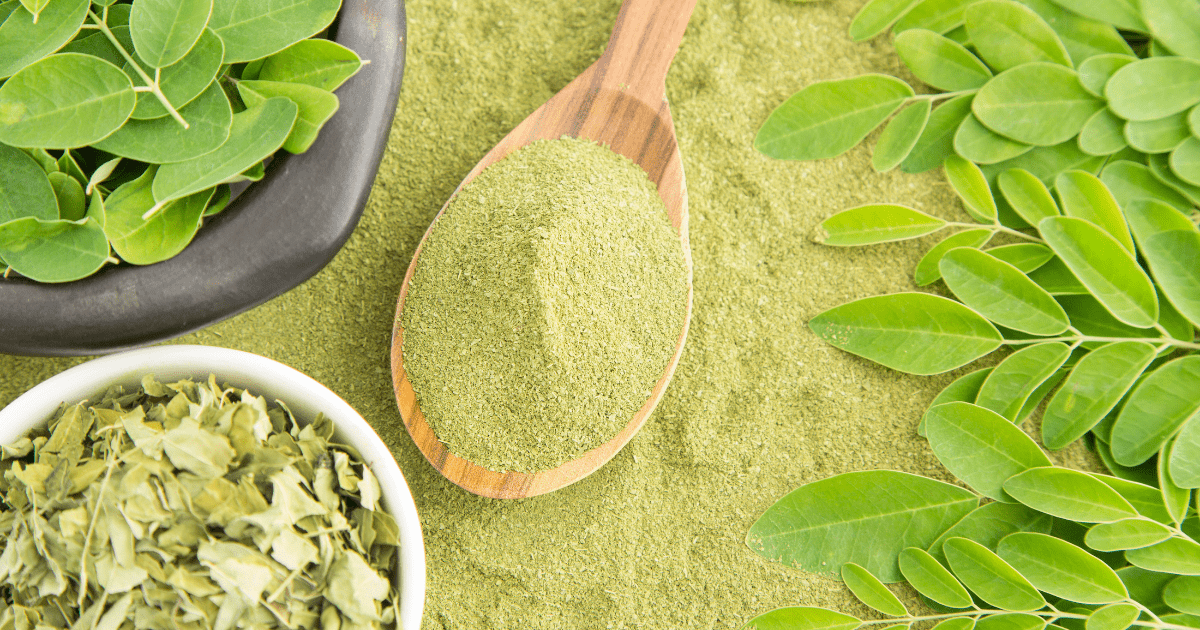Moringa: The Ancient Tree That Can Change Your Life Forever
A detailed breakdown of the potential health advantages offered by moringa.
Moringa oleifera, often called the drumstick tree, miracle tree, ben oil tree, or horseradish tree, is known for its impressive antioxidant and anti-inflammatory properties. Its potential health benefits span a wide range, including expediting wound healing and regulating blood glucose levels. People have turned to moringa for centuries, recognizing its numerous health advantages.
Nutrient Composition of Moringa
Moringa boasts a rich content of essential compounds, such as vitamin A, vitamin B1 (thiamine), vitamin B2 (riboflavin), vitamin B3 (niacin), vitamin C (ascorbic acid). It is also rich in minerals like calcium, potassium, iron, magnesium, and phosphorus. Notably, it is low in fat and devoid of harmful cholesterol. Its leaves, in particular, are a nutritional powerhouse, containing potassium levels equivalent to those found in bananas. Vitamin C content comparable to that of oranges. It is also rich source of calcium, protein, iron, and amino acids that promote healing and muscle development. It is also a rich source of antioxidants, which play a crucial role in protecting cells from harm and strengthening the immune system. Some of these antioxidants may also contribute to reduced blood pressure and decreased levels of blood and body fat.

Health Benefits
Moringa has a long-standing tradition of being used worldwide for nutritional and medicinal purposes. Here are some of the potential benefits:
- Skin and Hair Care: Initial animal studies indicate that moringa seed oil could expedite the healing of skin wounds by mitigating oxidative stress. It is also believed to have potential benefits for hair health.
- Edema Treatment: Research suggests that moringa seed oil has the potential to reduce skin inflammation in cases of ear edema, highlighting its anti-inflammatory properties.
- Liver Protection: Studies involving guinea pigs fed moringa leaves suggest that it may lead to lower cholesterol and triglyceride levels. It also reduced liver inflammation, possibly offering protection against nonalcoholic fatty liver disease.
- Cancer Prevention and Treatment: Moringa contains compounds like niazimicin, which may inhibit the development of cancer cells. Extracts from various parts of the plant show promise in combating breast, liver, colorectal, and other cancers.
- Digestive Health: Moringa components, including fibrous pods and leaves, are believed to support digestion, prevent colon cancer, alleviate constipation, reduce stomach acidity, and provide protection against ulcerative colitis. Its antibiotic and antibacterial properties may also help thwart harmful pathogens.
- Fighting Foodborne Bacterial Infections: Research suggests that moringa contains substances that could combat foodborne pathogens such as Staphylococcus aureus and Escherichia coli, both of which can cause food poisoning.
- Rheumatoid Arthritis Prevention: Preliminary evidence suggests that moringa extract’s anti-inflammatory properties may aid in preventing rheumatoid arthritis.
- Nervous System Health: Its antioxidant properties may protect against nervous system disorders, including multiple sclerosis, Alzheimer’s disease, neuropathic pain, and depression. However, the specific mechanisms remain unclear.
- Cardiovascular Protection: It is a rich source of antioxidants and anti-inflammatory agents, including quercetin. This property may contribute to cardiovascular health by preventing lipid formation and inflammation. Additionally, it may have cholesterol-lowering properties.
- Diabetes Management: Some studies suggest that extracts from moringa leaves may assist in managing blood sugar levels, insulin regulation.
- Asthma Management: The herb contains molecules that may help manage asthma, bronchial constrictions, and airway inflammation.
- Kidney Stone Prevention: Traditional remedies propose using moringa to prevent kidney stones, supported by laboratory findings indicating its potential to inhibit mineral buildup in the kidneys.
- Blood Pressure Regulation: Moringa components have shown an association with blood pressure management, as healthy individuals experienced reduced levels following moringa consumption.
- Eye Health Enhancement: Moringa’s beta carotene content is essential for maintaining good eye health and preventing eye diseases.
- Anemia and Sickle Cell Disease Management: Traditionally, the herb has been used to treat anemia, and laboratory results suggest that it could also help manage sickle cell disease due to its antioxidant properties, chelating activity, and other factors.
More health benefits of the herb
Moringa extracts have shown potential in managing various factors related to obesity, such as inflammation control, lipid management, cholesterol level regulation, and liver protection. However, it is important to note that there is no evidence to support its role in weight loss. Researchers are also investigating its potential in managing cholesterol, arthritis, high blood pressure, medication-induced liver damage, stomach ulcers, asthma, wound healing, ulcerative colitis, diarrhea, anemia, and weight loss.
Side Effects and Risks
Moringa appears to have few, if any, side effects. Nevertheless, individuals contemplating its use should consult a healthcare professional, as it may interact with other medications. It is imperative to read the extract label and adhere to dosage instructions carefully. To ensure safe usage, we recommend purchasing supplements from reputable sources. Given the lack of FDA oversight, concerns regarding product purity and quality are pertinent. Therefore, seeking medical advice before using moringa is essential, as some supplements can have adverse effects and interact with medications.
In conclusion, moringa, in all its parts and extracts, offers many potential health benefits, ranging from wound healing to blood pressure regulation. Nevertheless, further research is necessary to ascertain its safety and efficacy in many applications. Given the absence of FDA regulation, prudence and consultation with a healthcare professional are paramount when considering the herb’s supplementation.
Sources:
Meeks, S. (2023). Why is moringa good for you? Medical News Today. (https://www.medicalnewstoday.com/articles/319916#nutrients). Accessed September 9, 2023
Ratini, M. (2023). Health Benefits of Moringa. WebMD. (https://www.webmd.com/vitamins-and-supplements/health-benefits-moringa). Accessed September 9, 2023
Category
- Health Issues (72)
- Healthy Diet (48)
- Herbs for Health (11)
- Mental Health (33)
- Skin Care (20)

